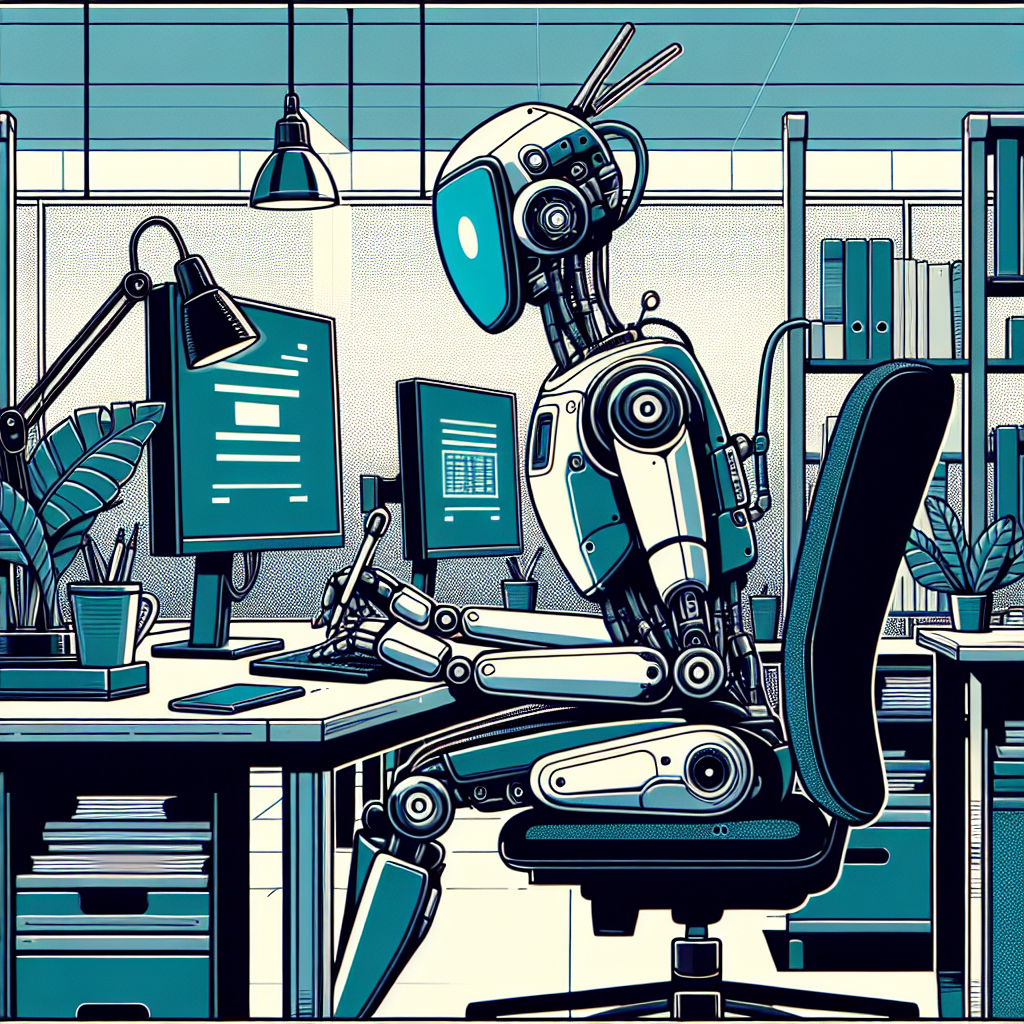how to use chat gpt for marketing
For small business owners, marketing managers, affiliate marketers, and digital entrepreneurs, time is often the …

As an entry-level developer, I've been fascinated by the rapid advancements in artificial intelligence and its potential to transform various industries. One area where AI is making significant strides is in software development, particularly with AI-powered coding tools.
These innovative tools are revolutionising how developers write and improve code, making it easier and more efficient for coders of all skill levels to create high-quality software. In this blog post, I'll explore how AI coding tools work, their benefits for entry-level developers, and some best practices for using them effectively.
Before diving into AI coding tools, let's define what we mean by AI and machine learning. Artificial intelligence refers to developing computer systems that can perform tasks that typically require human intelligence, such as visual perception, speech recognition, decision-making, and language translation. Machine learning is a subset of AI that involves training algorithms to learn from data and improve performance over time without being explicitly programmed.
In software development, AI and machine learning can automate and enhance various aspects of the coding process, such as code generation, code review, error detection, and optimisation. These AI-powered tools leverage large language models (LLMs) and natural language processing (NLP) to understand and replicate human text and speech and translate natural language into code.

As an entry-level developer, you may wonder how to start experimenting with AI in your coding projects. Fortunately, many resources and tools are available to help you get started. One option is to use pre-trained machine learning models, such as those provided by cloud-based AI platforms like Google Cloud Platform, Amazon Web Services, and Microsoft Azure. These platforms offer APIs and SDKs that allow you to easily integrate AI capabilities into your applications without building and training your own models from scratch.
Another option is to explore open-source AI coding tools, such as GitHub Copilot, Tabnine, and Kite. These tools are designed to work seamlessly with popular code editors and IDEs, providing real-time suggestions and code completions based on the context of your code. They can also generate code snippets, detect errors, and provide explanations and documentation to help you understand how your code works.
To demonstrate how AI can be used in coding tools, let's walk through the process of building a basic code review tool using AI. The goal of this tool is to automatically analyse code changes and provide feedback on potential issues, such as syntax errors, security vulnerabilities, and performance bottlenecks.
The first step is to collect a dataset of code changes and their corresponding reviews from open-source repositories. This dataset will train a machine-learning model to recognise patterns and anomalies in code changes. Once the dataset is collected, we can preprocess the data by tokenising the code, removing stop words and punctuation, and converting the text into numerical representations that can be used as input to the model.
Next, we'll train a supervised learning model on the preprocessed data, such as a convolutional neural network (CNN) or a long short-term memory (LSTM) network. The model will learn to classify code changes as 'acceptable' or 'needs review' based on the patterns it detects in the training data. We can then integrate the trained model into a code editor or IDE plugin that automatically analyses code changes in real time and provides feedback to the developer.

While AI coding tools can be potent and helpful for developers, using them responsibly and ethically is essential. Here are some best practices to keep in mind:
AI coding tools are a game-changer for entry-level developers, providing powerful capabilities to write and improve code more efficiently and effectively. By leveraging machine learning and natural language processing, these tools can automate tedious tasks, catch errors and bugs, and provide real-time guidance and support.
As an entry-level developer, I encourage you to explore the potential of AI in your coding projects. Start by experimenting with pre-trained models and open-source tools, and consider building your AI-powered coding tools to solve specific challenges in your workflow. By staying up-to-date with the latest AI and software development advancements, you can position yourself for success in this exciting and rapidly evolving field.
If you're interested in learning more about AI coding tools and how to use them in your projects, here are some additional resources to check out:
Some other posts you may like

how to use chat gpt for marketing
For small business owners, marketing managers, affiliate marketers, and digital entrepreneurs, time is often the …
July 06, 2024
Read More
Large Language Models are Biased and there may be no hope for the future.
AI is rapidly integrating into various aspects of our lives, and the question of bias …
July 06, 2024
Read More